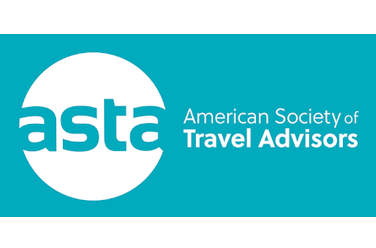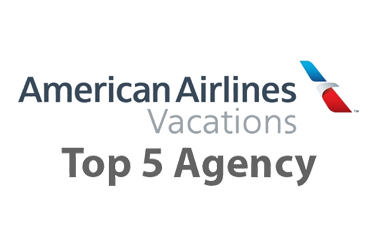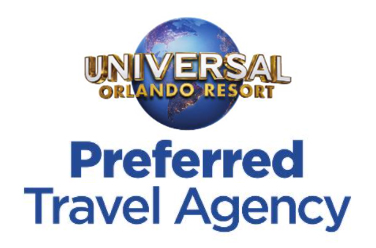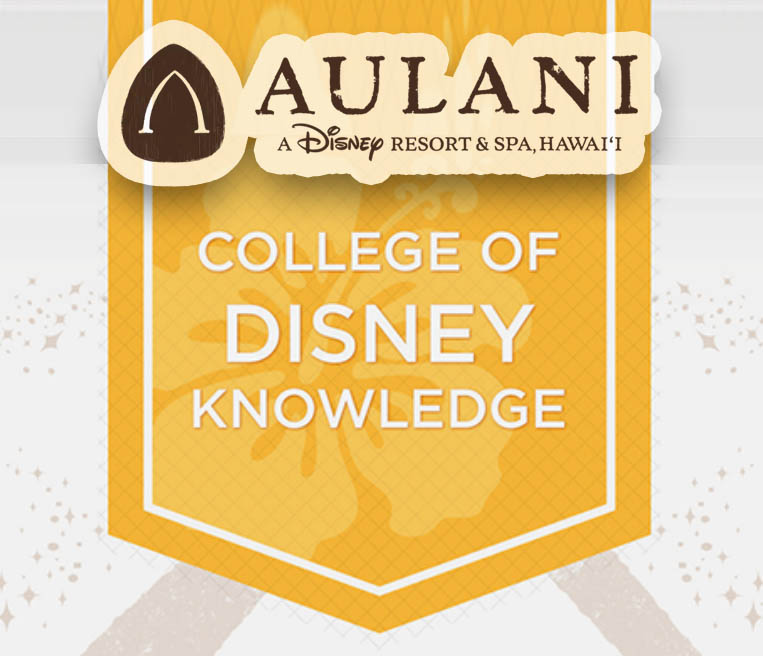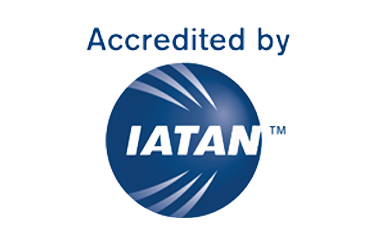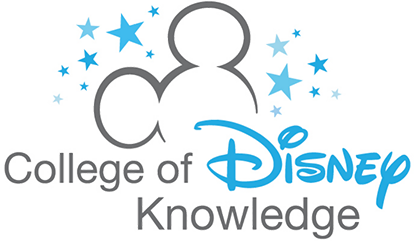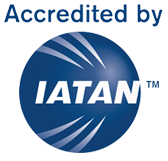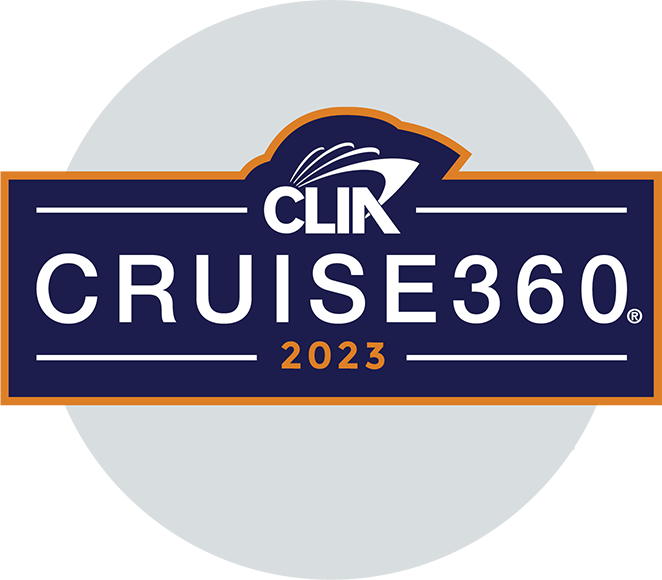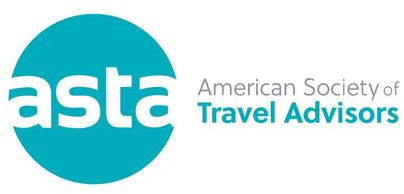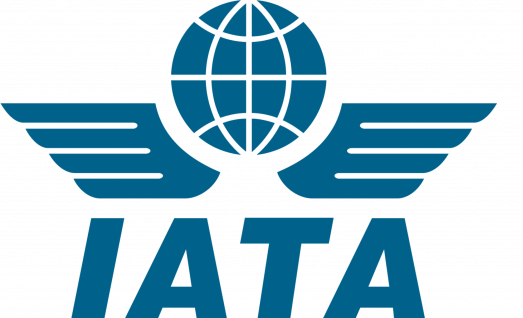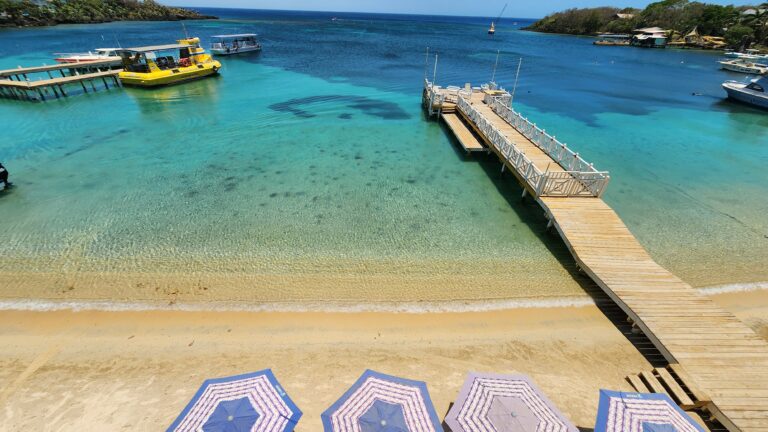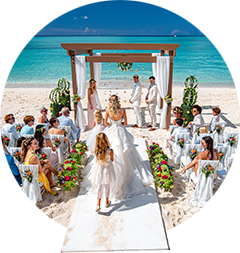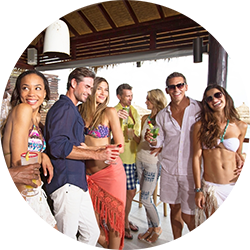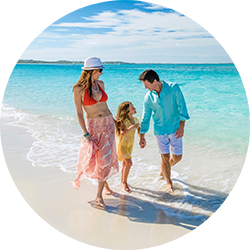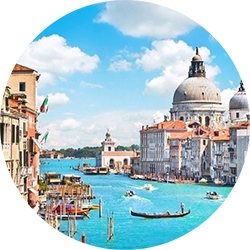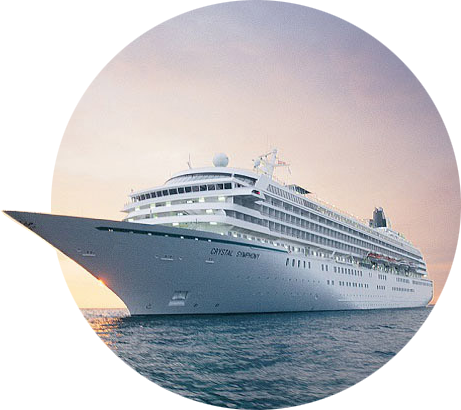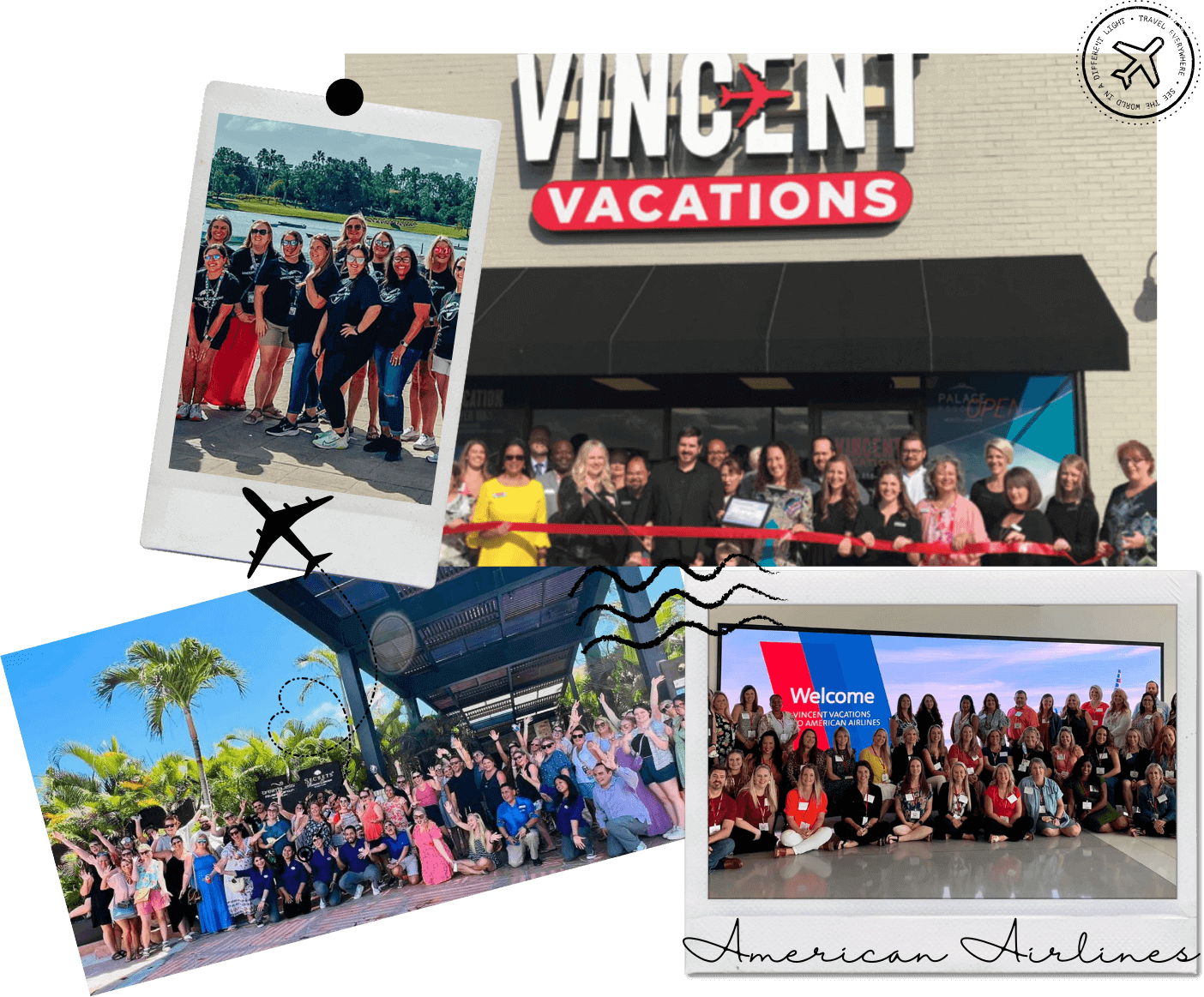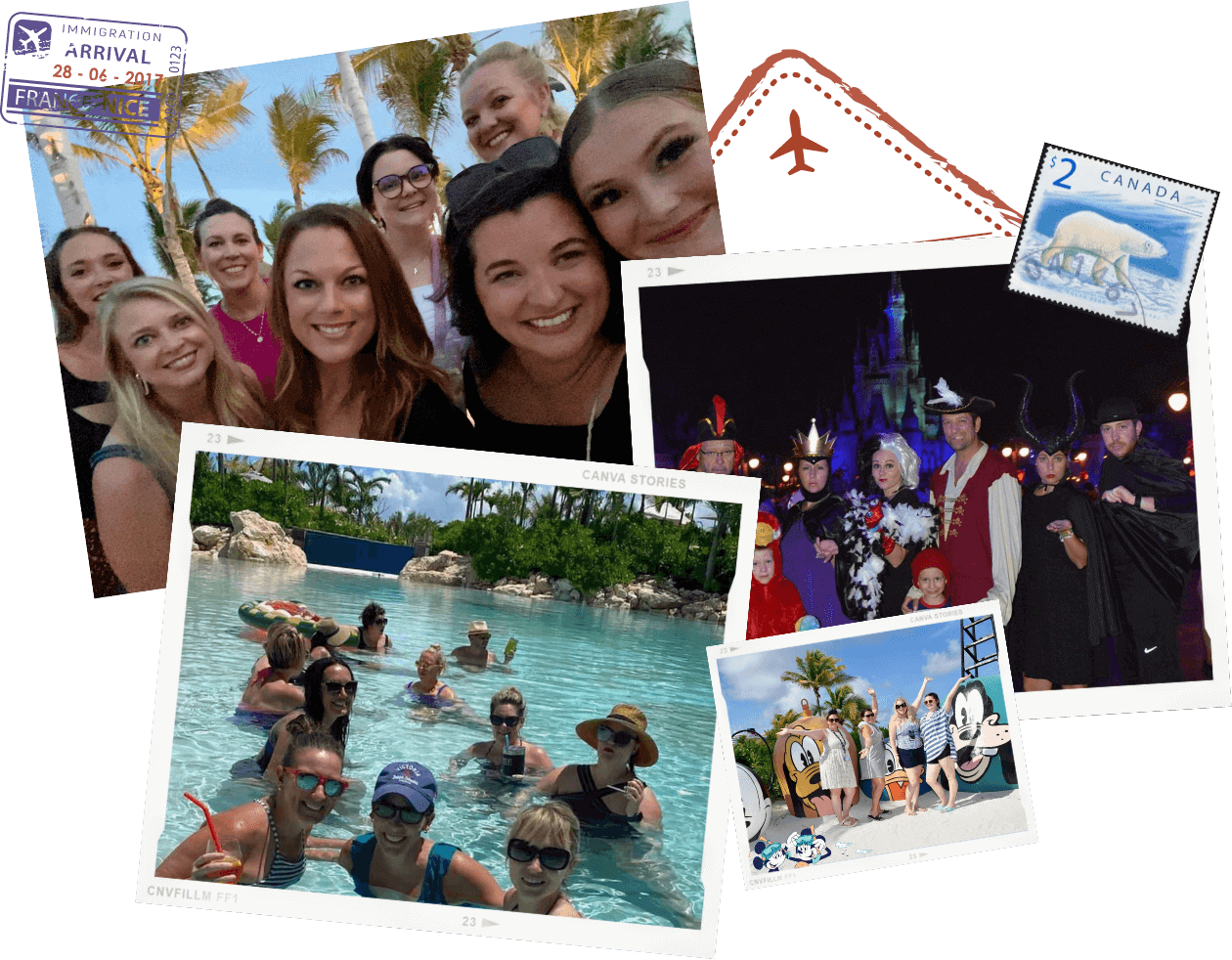Honduras offers an array of different vacation experiences—perhaps more than any other country in Central America. It can be a resort-oriented getaway for divers and snorkelers (in the Bay Islands), a showplace of Mayan archaeological treasures (at Copan) or an eco- and adventure-travel playground (on the north coast and in the rain forest).
Honduras also offers a great bang for the travel buck, with prices of most goods and services surprisingly inexpensive.
On the down side, Honduras shares some of the region's less admirable travel qualities. Roads can be rough, travel slow and amenities basic. Even though Honduras has not had destabilizing insurgencies of the sort that El Salvador, Guatemala and Nicaragua have suffered, conditions are far from ideal. Crime and a lack of attractions make the big cities of Tegucigalpa and San Pedro Sula places you'll want to avoid or to pass through quickly.
That said, Honduras is doing much to make its best features more accessible and enjoyable. Travelers who don't mind a bit of adventure—or who are seeking it out—will likely relish the country's unpolished charm.
Geography
The country is defined by a 460-mi/735-km Caribbean coastline in the north and a small Pacific coastline in the south. It has land borders with Guatemala, El Salvador and Nicaragua. Two mountain ranges covered by pine forests and creased with fast-moving rivers run through the center of Honduras, giving way to low flatlands and tropical vegetation along both coasts.
The Bay Islands, off the northern coast, are typical of the Caribbean—white-sand beaches, crystal waters and teeming tropical reefs. Rainfall is heaviest on the northern shore and in the eastern part of the country.
History
Like other areas of Mexico and Central America, Honduras was the home of the Maya, who may have been living in that area as early as 1000 BC. One of the most advanced civilizations in ancient America, the Maya were known for the monumental architecture of their great cities, with Copan being a prime example. Their densely populated city-states had an ordered class system with defined occupations and trades.
Christopher Columbus, on his fourth and last voyage to the New World, landed on Guanaja (one of the Bay Islands) and on the north shore of the mainland in 1502. Spain soon colonized all of Central America, though it had to overcome the fierce opposition of Native American tribes. These included the Lenca, whose great chief Lempira is now a Honduran national hero and lends his name to the country's currency.
Other Europeans also took an interest in Honduras: British pirates were based on the Bay Islands beginning in the 1500s. Great Britain continued to control the islands and the Caribbean coast until 1859, which is why English is widely spoken there today.
Honduras achieved independence in 1821, along with the other four states of the Central American Confederation (Costa Rica, Guatemala, El Salvador and Nicaragua). The confederation soon broke up, and Honduras became an independent nation in 1838. Thereafter, conflict between conservative and liberal forces kept the country in turmoil, with numerous coups and rebellions.
In the 1850s, William Walker, an adventurer from the U.S., tried to take over Central America. He actually ruled Nicaragua from 1855 to 1857 and gained recognition from the U.S. When he tried to attack the country again in 1860, Hondurans helped foil his plans and he was executed in Trujillo.
By the 1900s, Honduras was the quintessential banana republic—bananas provided 66% of the country's exports, and U.S. companies held 75% of Honduran banana fields. These powerful companies—supported by U.S. troops on occasion—were partly responsible for the development of Honduras' strong military and repressive government agencies.
In the 1980s, Honduras became involved in the struggle between the U.S. and the Sandinista government in neighboring Nicaragua. Many of the Contra rebels who fought against the Sandinistas were based in Honduras.
The country faced a crisis of a different sort in 1998, when Hurricane Mitch struck. At least 5,600 people were killed, 1.4 million lost their homes, and the country's businesses—particularly agriculture—were dealt a harsh blow. Repairs and rebuilding began shortly after the storm's passing, however. Today, visitors will see little if any evidence of the damage, though the economic and psychological effects of the storm are still being felt.
In June 2009, to the surprise of much of the world community, President Manuel Zelaya was ousted by Congress and exiled from the country after an attempt to alter the constitution. President of the Congress Roberto Micheletti was sworn in and Zelaya snuck back into the country and was holed up in the Brazilian Embassy for several months until being exiled once again.
Conservative Porfirio Lobo Sosa was elected the new president in November 2009, and although many international leaders were hesitant to support the new government amid the confusion, most eventually came around.
Snapshot
The main attractions in Honduras are the Mayan ruins of Copan, Spanish colonial mountain towns, Bay Island scuba diving and snorkeling, sportfishing, white-water rafting, north coast beaches, La Ceiba, birding, rain and cloud forests, primitive paintings and friendly people.
Honduras will especially appeal to people who enjoy scuba diving, snorkeling and exploring ancient ruins. Those uncomfortable or unfamiliar with travel in developing countries or who desire a wide range of luxurious beachside resorts may find Honduras less to their liking.
Regardless, what the country lacks in ultramodern amenities in its remote corners, it makes up for with the sheer decency and joviality of its people. Hondurans are generally wonderful people: patient, conversant, fun-loving and giving.
Potpourri
Every city, town and village in Honduras has a patron saint. Many (essentially all) hold a fiesta in honor of their saint's day, and they can be quite fun if you happen to encounter one.
When Hurricane Mitch hit Roatan, some of the resident dolphins at Anthony's Key Resort escaped into open waters but were later recovered. They're valuable creatures as they can earn their owners US$4,000 an hour to "act" in film and TV productions.
In addition to Spanish and English, at least six indigenous languages are spoken in Honduras: Garifuna, Lenca, Maya, Pech, Tolupan and Tawahka.
American short-story writer William Sydney Porter (pen name O. Henry) hid out in the town of Trujillo for a year in the 1890s while his creditors in the U.S. searched for him. (He was avoiding imprisonment for bank fraud.) He wrote Cabbages and Kings during his stay in Honduras.
Honduras shares the Montecristo Cloud Forest Reserve with El Salvador and Guatemala. The easiest access is from the El Salvador side.
The lempira (the Honduran currency) was named after the famous Indian chief who died fighting the Spanish invaders.
One of the most important royal tombs at Copan was looted shortly after being uncovered in 1997.
Historians believe that Sun-Eyed Green Quetzal Macaw, the revered founder of Copan, may have come from another civilization—the city of Teotihuacan, in central Mexico.
Although it has long been a center for international industry, Honduras has remained one of the poorest countries in the Americas.
Some of the most beautiful Spanish Conquest-era colonial towns in the Western hemisphere, such as Gracias and Comayagua, can be found in the Honduran interior. The cobbled streets, horsemen sporting cowboy hats, and gaggles of uniform-clad schoolchildren provide fun and interesting sights.
In 1969, Honduras and El Salvador fought a war lasting about 100 hours that had been immediately preceded by a World Cup qualifying match between the two small countries. The war was brought on by deeper economic issues, such as the collapse of the Central American Common Market, yet it still became known as the Soccer War. To this day, patriotic fervor in Honduras peaks when the country goes toe to toe with El Salvador on the soccer field.
Location
Ships visiting Roatan anchor and tender passengers to one of two terminals. The newly expanded terminal at Coxen Hole, Royal Caribbean's Port of Roatan, offers restaurants and a shopping center, though you only need a few minutes to see the dusty town where it is based. Both the airport and the island's main ferry dock are near Coxen Hole, which also is the capital of the Bay Islands province. (It was named after the pirate John Coxen; locals sometimes refer to the entire island as Coxen Hole.)
Other ships will stop at Mahogany Bay (formerly Dixon's Cove), a terminal opened by Carnival Cruise Lines. Like the Port of Roatan, there is a shopping and entertainment complex, but also 20 acres/8 hectares of white, sandy beaches and a giant chairlift. Operating just like a ski lift, the chair takes visitors from the shopping area to the beach. Along the way it provides great aerial views of the island and the bay.
Some smaller ships also visit Puerto Cortes, a large mainland port on the Caribbean that offers easy access to the Mayan ruins of Copan, and Omoa, where there is an 18th-century Spanish fortress.
Ships stopping at Puerto Cortes usually tie up at the city dock or anchor in the bay and deliver passengers to the dock in small boats. Independent merchants sometimes greet passengers with displays of their wood carvings and other handicrafts. There are some restaurants and shops along the main street, but there isn't much to see or do (unless you enjoy watching cargo ships load and unload). There's no tourist information booth at the port.
Shore Excursions
Cruise ships stopping in Honduras usually do so as part of a trip down the Caribbean coast of Central America (which could include passing through the Panama Canal), or as part of a western Caribbean itinerary. Because time is short and distances are long, there usually isn't time to do much exploring on your own from the ports in Honduras. As a result, the best way to see the sights is probably on one of your ship's shore excursions.
The most popular stop is Roatan, the largest and most developed of the Bay Islands, where you can swim and scuba dive along the barrier reef or zipline in the jungle-clad interior. Many cruise passengers arriving at Roatan may prefer to just relax on the island's beaches with a cool drink. But most ships also offer several shore excursions.

